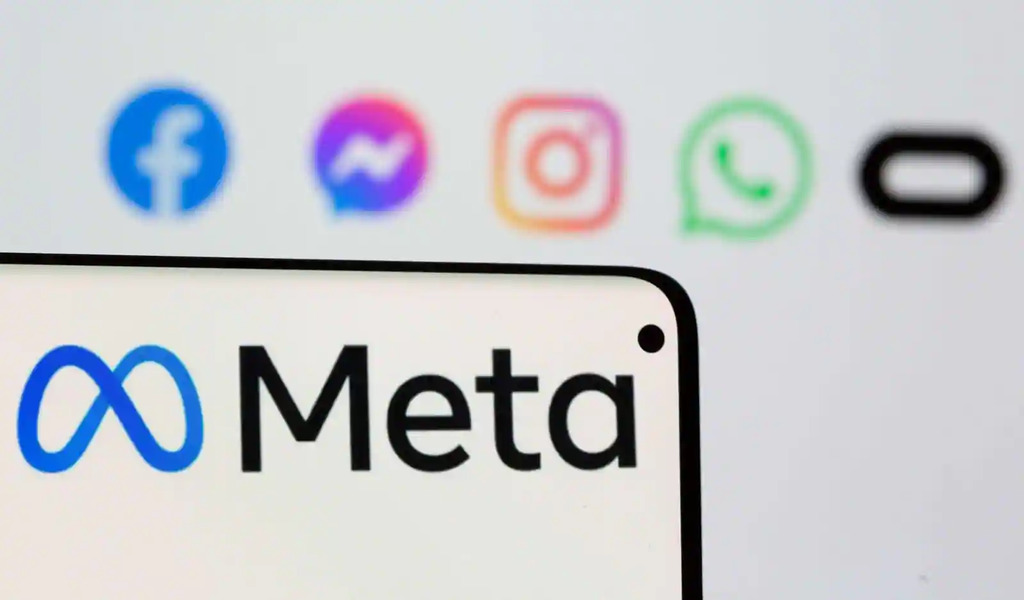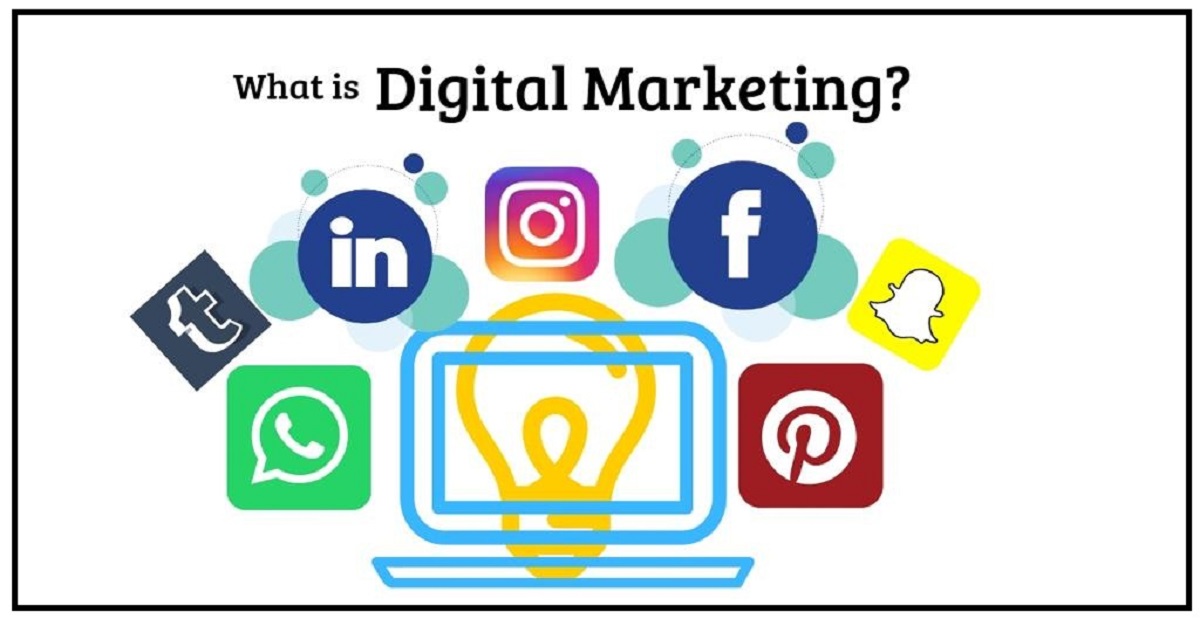In Which Social Digital Channels Should We Invest More/Less Time?
Social media platforms, whether for messaging, streaming, blogging, or a combination of all, have taken the world by storm.
Social Networks, Messaging, and Video Platforms
All social media platforms can be classified into three distinct groups, all of which have security advantages and security risks. Also, the most popular platforms generally combine multiple functions, making them exceptionally risky.
The largest group is the messaging platforms, which are quite different from the short message systems (SMS) that we used in the past.
Applications like Telegram or WhatsApp host features, like group chats or broadcast to your contacts. While this makes it easy for prudent users to connect with people, those who aren't careful about sharing their phone number can get hacked.
The second group is blogging and microblogging platforms, such as Twitter or Reddit. While these platforms are known for getting hackers and doxers, it is also possible to remain completely anonymous. This increases security if you have a good VPN provider, but you will need one that is made with your operating system in mind.
Cybersecurity Risks For Social Media Platforms
There are two ways to collect your data through social media: the easy method and the hard way.
The hard method is a direct hack on the connection or the device. If the hacker discovers your IP address and name, they can find exactly who you are. And if they know your main phone number in addition to your IP address, it is almost the same as being hacked. These types of hacks are the reason why you should use a VPN on all devices where you have social networks.
Always be skeptical about incomplete profiles where you don't meet users in person. There is a good advantage that a hacker is hiding behind a catfish, and these expert manipulators know how to play on people's emotions and expectations.
The main rule of thumb on the Internet is: if something sounds too good to be true, it is because it is false.
How To Evaluate Security?
While evaluating all security practices for a business is nearly impossible, we can use some visible signs to find out if and how secure a platform is.
Mainly, there are technical characteristics used by social networking sites. Encoding and encryption will generally show up in the platform specs or in the developer console when connected to your desktop or laptop. Those with a bit of technical knowledge can find out whether their data is encrypted via the browser or not.
If you are using social media through the app on your mobile devices, you should trust the reputation of social media sites. You can utilize reports from other social media users.
If you observed that the social media platform you are using leaked millions of user records in recent years, such as Facebook, you know that you need to be more cautious on that site. Leaks and hacks do not necessarily mean that you should not use the site, only that you should not provide your personal information.
Being anonymous, both through a VPN and through the use of aliases and avatars, is the key to staying safe online.
Top 10
There is no perfectly secure social network, but there are those that support active users in their privacy concerns. While other social media platforms might have found their way up the list, they are either too dark to properly assess or too small to avoid a large-scale hack.
While it's not a rule of thumb for a good platform to be a tech giant in its own right, a useful and secure social media platform would find its way to fame and fortune fairly quickly.
10. Skype
Skype has a strong cybersecurity framework and a robust network appliance; it hasn't kept up with the times. This kind of solution would be remarkable for a small company, but not for a seasoned multi-million dollar company like Microsoft.
Calls are relatively easy, and the setup uses some extended Windows 10 security features, but there is no P2P encryption. In addition, all communication goes through Microsoft servers, which are a weak point in this case.
Fortunately, by using Skype with a VPN, you can protect your own system and devices, but communication can still be interrupted from the other side or directly from the server.
Security Pros:
Use Windows 10 security features
Easy to see
Supports VPN and antivirus
Security Cons:
No P2P Encryption
Server-based
Collect metadata
9. Facebook
Facebook is a social media platform that cybersecurity specialists love to hate and not without the main reason. The tech giant has leaked millions of various social media accounts on various occasions in recent years, mostly due to negligence.
The security features of this popular social media app aren't bad for all accounts, but they do suffer from the big numbers rule. There are so people who use Facebook, and so many people employed by the company, that a fluke is likely to occur.
Security Pros:
Almost impossible to brute force hack
Two-factor authentication
Regular customer support
Supports VPN and Antivirus
Security Cons:
Many external contributors
Constant data collection
Multiple leaks in the past
8. VKontakte
Vkontakte, often abbreviated as VK, is a Russian social media application quite similar to Facebook. This can be seen both in the application's user interface and in the underlying security.
The main merits of VK over Facebook is that it is not as popular a social media site (except in Russia) as its American counterpart. Also, good parts of the code below are encoded in Russian Cyrillic. While this does not improve the security of the website directly, it does reduce the number of people who can crack or misuse the code. There is also less chance of a hacker fooling anyone in the development customer support center.
Security Pros:
Almost impossible to brute force hack
Two-factor authentication
Regular customer support
Supports VPN and Antivirus
Security Cons:
Constant data collection
Unknown relationship with the government of the Russian Federation
7. LinkedIn
Although media accounts on LinkedIn are geared towards business rather than social issues and chat, it is still a group of like-minded people who like to share their experiences. In many places, and especially in technology companies, a LinkedIn account is used instead of a CV.
As the platform primarily focuses on user-generated content related to business and marketing, several security features are not included in networks. Mainly, there are no encrypted messages, as well as the possibility of using aliases.
Security Pros:
It is not attractive to hackers.
Good customer support
Perfect VPN Compatibility for Mobile and Desktop Devices
Security Cons:
No Encryption
Without Anonymity
Sensitive data used for verification
6. Instagram
This social media is the main base for all influencers and people living completely fake lives. Ironically, although most people share hundreds of images of their face, their home, and their daily routine on this site, there is a great option for privacy.
That is, the messages that pass through the Instagram servers are encrypted and are not available to access directly from the developer side of Facebook (owner of Instagram). So Zucc can't see when you're swiping into Direct Messages.
Security Pros:
Encryption of Messages
Two-factor authentication
Regular customer support
Supports VPN and Antivirus
Security Cons:
Multiple external contributors
Constant data collection
Parent company data leaks
5. YouTube
This is the only one of Google's social media platforms to survive to this day, now operating as a separate entity within Alphabet Inc. If you are just an audience member, YouTube may be perfectly safe to use. As it no longer requires a connected Google+ account to access, the amount of data you need to leave is minimal.
If you are a content creator, your life will not be as easy as if you were a media personality, and certain steps must be taken to protect yourself. In general, not revealing more personal information than is absolutely necessary should be sufficient.
Although there are several security features installed, you will continue to share both your personal data and your banking information with the platform. Due to these data, you should practice excellent cyber hygiene and have a good cybersecurity system installed.
Security Pros:
Minimum user data requirements
Good security features
Protected user-generated content
Perfect support for VPN and Anti-Spyware
Security Cons:
Huge Creator Data Requirements
Detail of bank information
Constant collection of user data
4. Twitter
While microblogging social networks like Twitter don't require a lot of data to sign up and use, there are many third-party plugin options
within Twitter that do.
The level of security for the users will depend on their level of usage. It is recommended that anyone be as anonymous as possible on Twitter for technical, including social reasons. As the conversion on the platform is quite flammable, several users have reported being doxed or even beaten.
Fortunately, if you are using Le VPN, you will be able to regularly change your location, which can be tracked through tweets, thus hiding your IP address and your whereabouts.
Security Pros:
Possible complete anonymity
Robust security on servers
Full support for VPN, Anti-Spyware, and Anti-Virus
Security Cons:
No encryption
Lack of good customer service
Frequent targeting
3. Reddit
As there are numerous incidents in the past with this popular social platform, various features were introduced to increase both the safety and anonymity of its active users.
Mainly, there is almost no data collection on the website. While you need to use your email, it doesn't need to is the main email or one connected to a phone number. This implies that even if there are leaks, not much can be discovered.
Security Pros:
Very low user data requirements.
Robust security on servers
Native security features
Good Moderation
Full support for VPN, Anti-Spyware, and Anti-Virus
Security Cons:
No native encryption
2. WhatsApp
Vying for the title of the unique messaging app between social media platforms, WhatsApp does not share any of the flaws present with its parent company Facebook.
First of all, WhatsApp does not have any central server, and all communication is done P2P, with an excellent P2P connection. Although the data is stored on the devices, it is not present anywhere else on the Internet.
Security Pros:
Excellent P2P encryption
Native security features
Possible complete anonymity
No information gathering.
Full support for VPN, Anti-Spyware, and Anti-Virus
Security Cons:
Use a phone number
Without surveillance
There is no moderation for content.
1. Telegram
Telegram is a messaging app, as it is a cross between the Facebook Messenger user interface and the security features of WhatsApp. This combination makes it a superior social media platform overall, as it has better monitoring than WhatsApp.
It has excellent P2P encryption and offers complete anonymity for those who want it.
Telegram also requires a telephone number to verify your account, but once you are connected, you will no longer need that number. This means that you can easily order the app using Google Voice or a Burner.com number or just a prepaid SIM card if they are available in your region.
Security Pros:
There are no personal data requirements.
Excellent P2P encryption
Native security features
Possible complete anonymity
No information gathering.
Full support for VPN, Anti-Spyware, and Anti-Virus
Security Cons:
You need a phone number to verify
Without surveillance
There is no moderation for content.
Trust nobody.
In the same way that you protect yourself with an anonymous account, someone else could do it too. But people can also use entire data sets to make you believe that they are a real person from the other side.
Whenever you use social media platforms, use a VPN, and never talk to strangers about your personal lifestyle. Keep places, names, including relationships to yourself, as you could be feeding a cybercriminal with data.
Most of the content you will find on social media websites and apps, focusing on cybersecurity, would be pretty negative. But, this does not mean that you should stop using these platforms.
This is part of the questions most asked by companies that want to invest in online marketing and increase their reputation and, therefore, their sales. Although it is a persistent question, the answer is not so simple because it requires an in-depth analysis of each company and different factors of its internal structure. The first to understand is that a small business does not require the same investment in social media as a larger company. The difference is not in the number of publications or their quality, because all types of companies should invest in quality content that interests their audience, but in the kind of interaction they will have and the use that customers make of their social networks. Before making decisions concerning who to hire or how many hours you should dedicate yourself to managing your company's social networks, you must create an in-depth analysis of your situation, the scope of your products, your target, and the objectives you want to achieve through of your social media strategy. Many people confuse a social media promotion strategy with a sales strategy. Although promotion on social media increases a company's reputation and brings the user closer to the brand, it is not a form of direct mail that increases sales on its own. The perfect strategy must be combined with other forms of marketing to achieve the objectives that we have set ourselves from the beginning. For the process to be carried out in the best way, we must have the help of a professional. There are many experts in online communication or social media who can help us achieve our long-awaited online reputation. Choosing the best is not an easy task, since we must make sure that they know the concerns of our company and that they work in the most comfortable way possible.
In addition, we must choose a good communicator who knows how to hook our audience with his publications. The community manager must be in full harmony with the rest of the team and in constant contact to find out what the company's needs are in the digital environment. A community manager will charge different amounts depending on their experience, the tasks to be carried out, and the nature of the company. An excellent social media manager is one who knows each company in detail, its limitations, and knows how to establish a fair budget to meet the needs of the company. Possibly a medium or small company does not need to hire a significant communication agency that manages massive campaigns. It will be enough to hire a talented community manager who knows perfectly what they need and who decides how many hours are necessary to develop their activity. If we do not have knowledge of online marketing, we should not establish a work plan ourselves, but hire a community manager who studies our situation and shows an action plan. He will better understand our online reputation needs and advise us on plans and pricing. Remember that you hire a professional for a field of action that you do not know, so you have to be as flexible as possible and study all the possibilities you can. Establishing a base budget to dedicate to social media is not so easy, since it takes into account several internal and external factors. Before hiring a professional, investigate the possibilities and look for a person with training, experience, and talent, who knows how to transform the online reputation of your brand.
CATEGORIES
- Digital Marketing
- Marketing
- Entertainment
- Medical
- Science and Technology
- Politics
- Sports
- Environment
- Campaign
- Interview
- Viral
- What's Trending
- Trending News
- Viral Videos
- Youtube Trends
- Social Media Ranking
- Twitter Trends
- Google Trends
- Top Politicians
- Top Cricketers
- Top Influencers
- Best Campaigns
- Google News
- News
-
 Oct 11, 2020
Oct 11, 2020SEO Content Writing Vs. SEO Copywriting:...
-
 Dec 15, 2020
Dec 15, 2020#Karnatakaiphoneplantagitation: Workers...
-
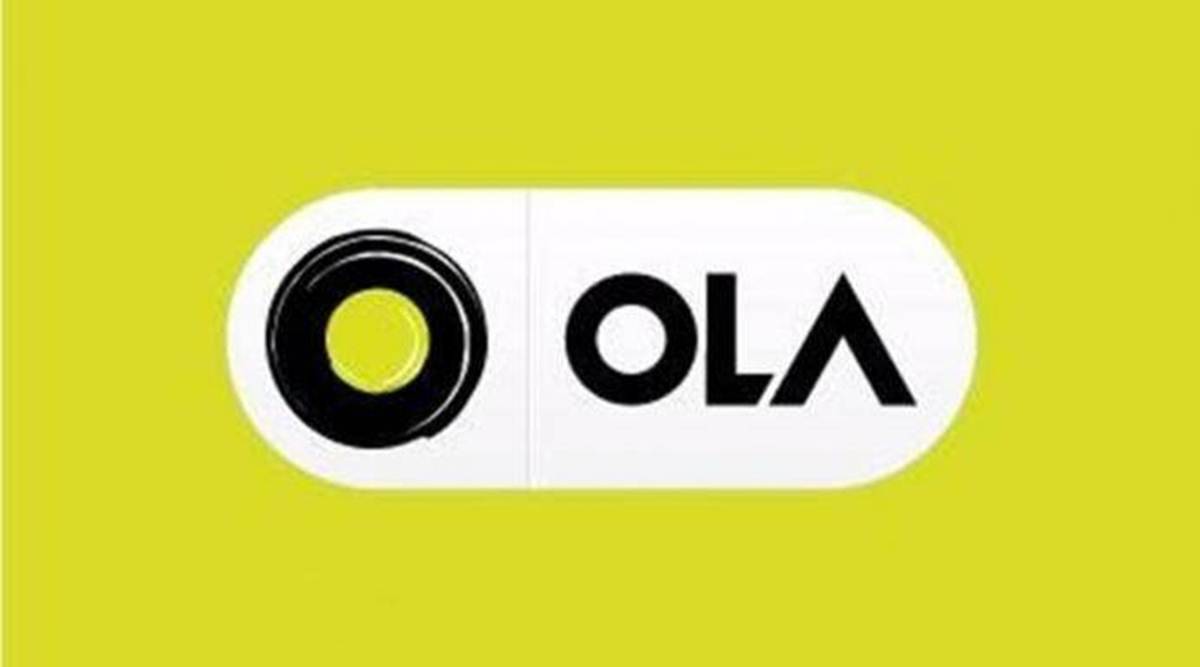 Dec 15, 2020
Dec 15, 2020#OLA Invests ₹2400 Crores For Our Futur...
-
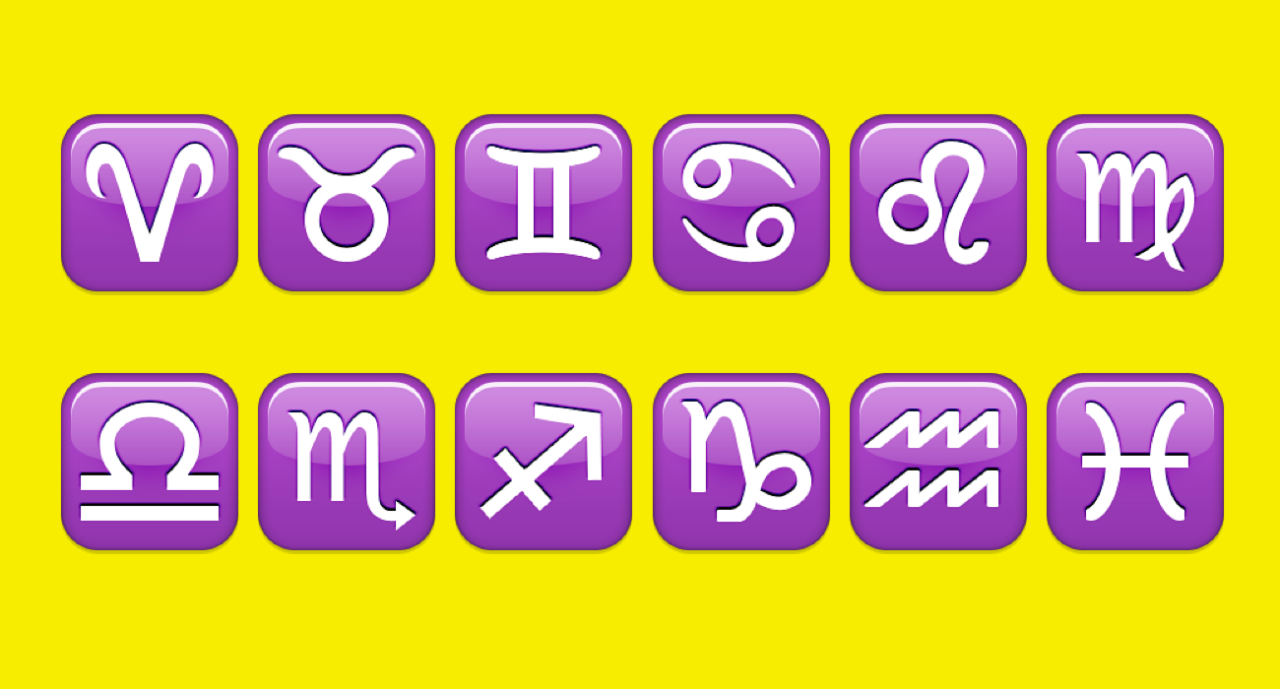 Dec 15, 2020
Dec 15, 2020#Snapchat Launches Astrology Profile
-
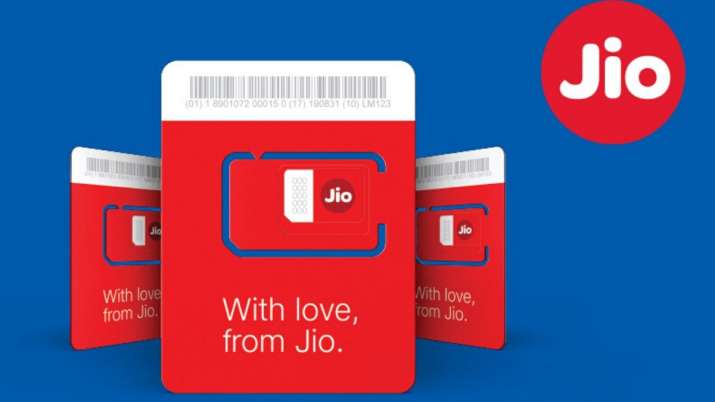 Dec 15, 2020
Dec 15, 2020Know Why #BOYCOTTJIOSIM Is Trending On S...
-
 Aug 01, 2023
Aug 01, 2023India's Chandrayaan-3 On Track For Lunar...
-
 May 17, 2023
May 17, 2023Zara Hatke Zara Bachke Trailer Review(Ra...
-
 Aug 04, 2022
Aug 04, 2022'Har Ghar Tiranga' Campaign Created Stor...
-
 Dec 16, 2020
Dec 16, 2020#Skillhaitohfuturehai: Mahindra's Flagsh...
-
 Dec 15, 2020
Dec 15, 2020#OLA Invests ₹2400 Crores For Our Futur...
HIGHLIGHTS
- Realme Pad Specifications Teased, Will C...
- MARKETS: Sensex Down 300 Pts, At Days Lo...
- Afghanistan Crisis Live Updates: NIA Chi...
- Women Will Be Admitted To NDA, "Historic...
- Taliban's New Education Minister Says Ph...
- India's T20 World Cup Selection Question...
- New JioFiber Quarterly Broadband Plans I...
- Explained: How Your Cat Got Its Stripes...
- Who Is Aesha Mukherji? All You Need To K...
- Long Live Test Cricket While We've Virat...



